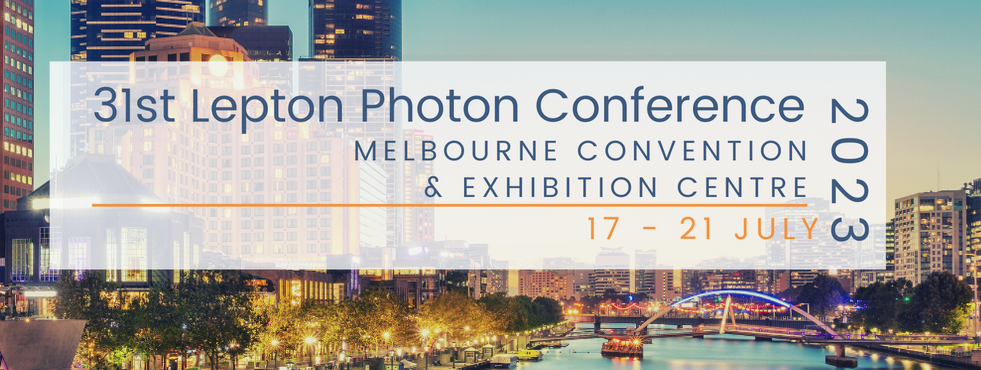Speaker
Description
The SABRE (Sodium iodide with Active Background REjection) experiment aims to detect an annual rate modulation from dark matter interactions in ultra-high purity NaI(Tl) crystals in order to provide a model independent test of the signal observed by DAMA/LIBRA. It is made up of two separate detectors; SABRE South located at the Stawell Underground Physics Laboratory (SUPL), in regional Victoria, Australia, and SABRE North at the Laboratori Nazionali del Gran Sasso (LNGS). SABRE South is designed to disentangle seasonal or site-related effects from the dark matter-like modulated signal.
The experiment can host seven NaI(Tl) crystals, each instrumented with two R11065 PhotoMultiplier Tubes (PMTs) which are encapsulated in cylindrical copper enclosures flushed with nitrogen. These are surrounded by an active scintillator medium which provides both passive and active shielding, additionally outside this is further passive shielding to block external radiation.
To achieve the highest sensitivity possible, SABRE is working to produce NaI(Tl) crystals with extremely low background in the (1-6) keVee energy region. In this low energy region radioactive contaminants dominate the signals produced in the crystals but also noise introduced by the photomultipliers and readout system can become dominant at lower energies. Significant work has been undertaken to understand and mitigate the background processes that take into account radiation from detector materials, from both intrinsic and cosmogenic activated processes, and to understand the performance of the crystal system.
This talk will report on the results on the characterisation of and dedicated studies on understanding and reducing noise associated with the SABRE South crystal PMTs and their electronics. The results of a detailed simulation of the expected background due to radioactive contamination of the detector will be shown. The resulting projected sensitivity and the effect of other factors on the sensitivity such as quenching factors will be discussed.




